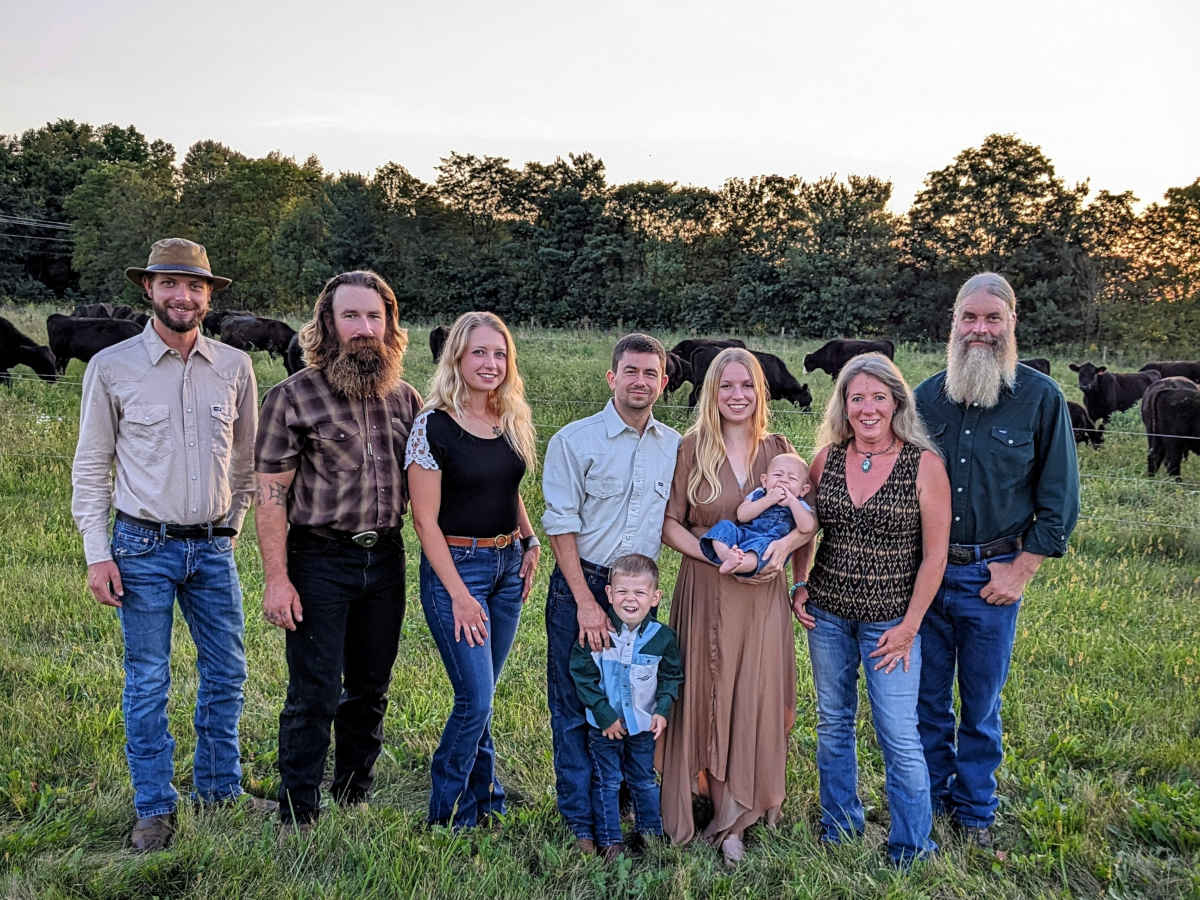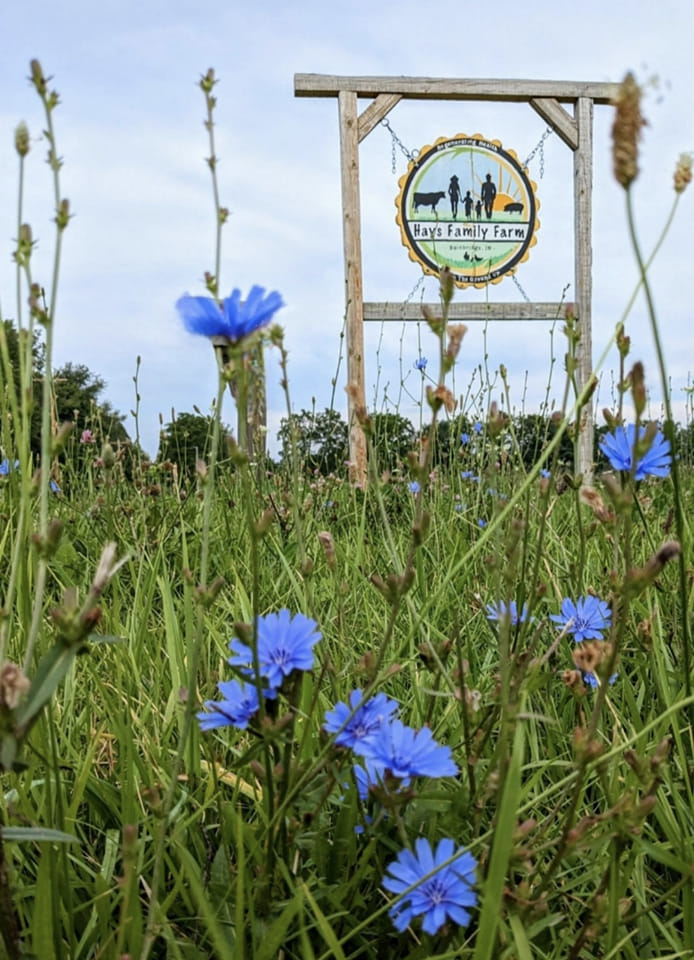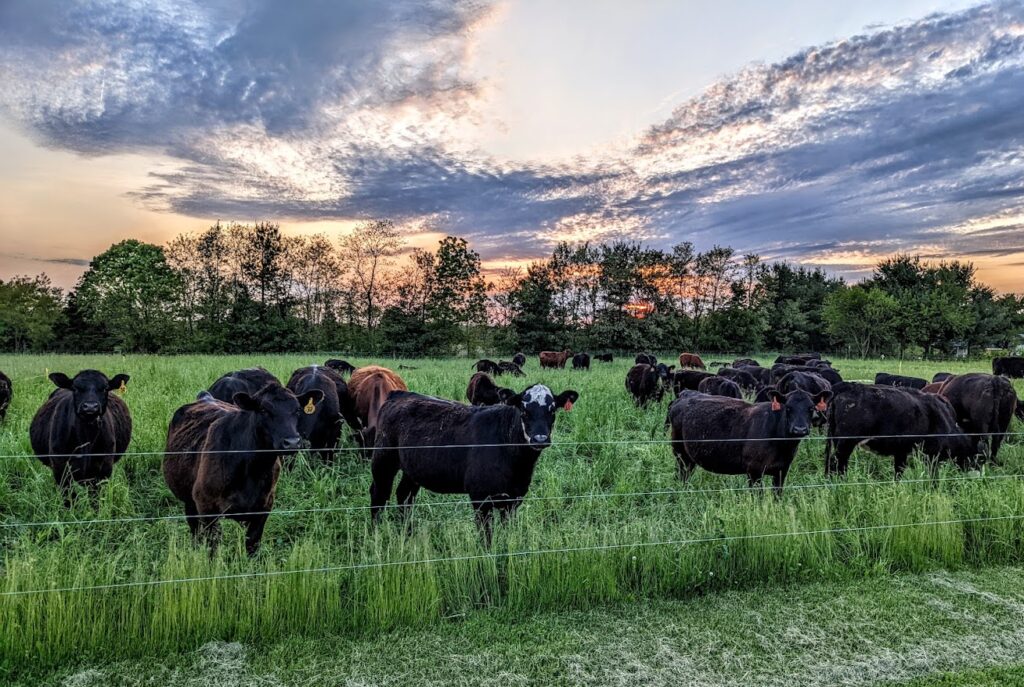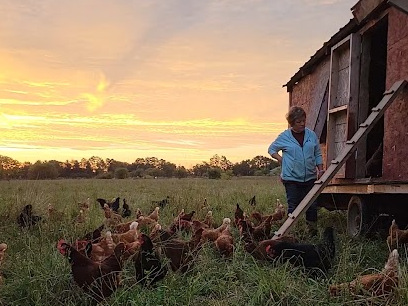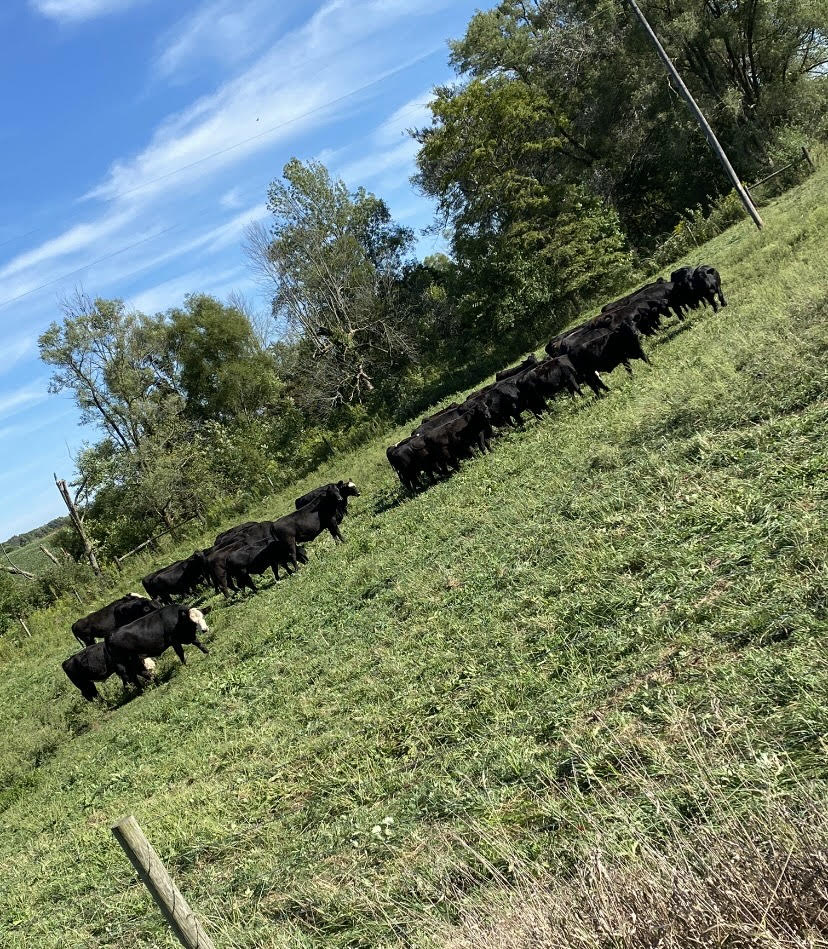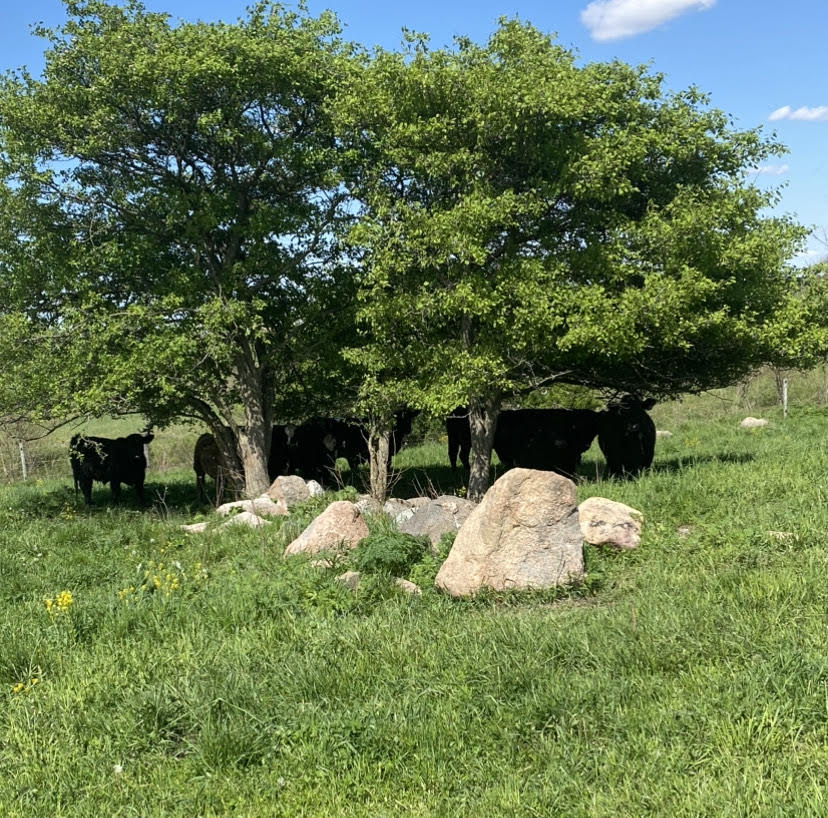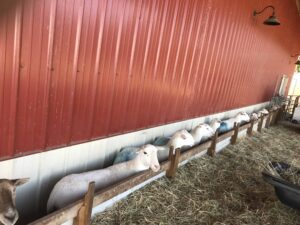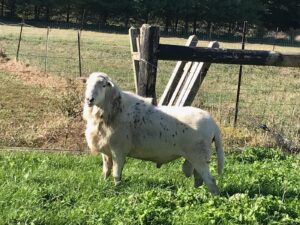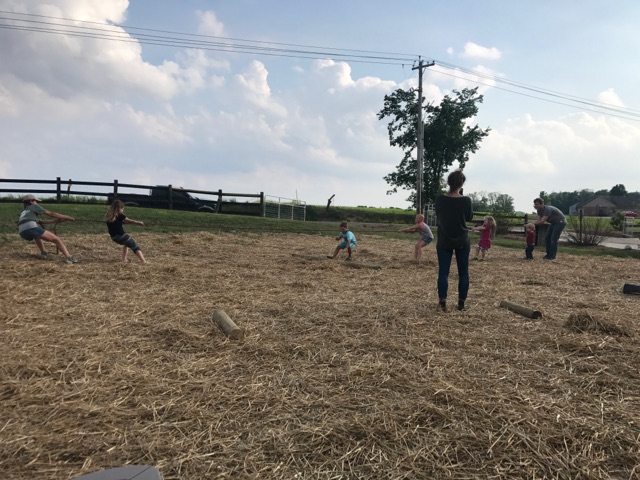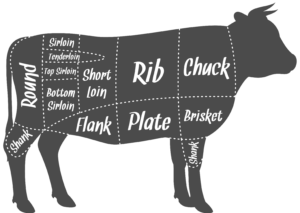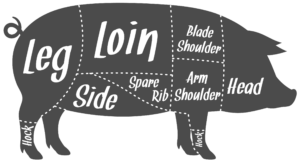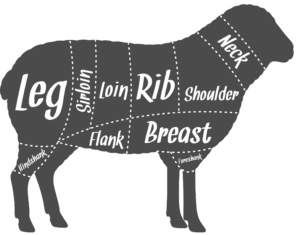Food and Jobs; Mixed Messages
My wife & I have enjoyed the summer movie series sponsored by the League of Women Voters in concert with the Wabash College Lilly Library. The two movies we saw illustrated how individuals in their local communities could make a difference in ecological matters, community development (jobs), energy conservation, and healthy eating.
The last movie gave factual evidence that small-scale farming (10 to 200 acres or less) can not only be self-sustaining, but also creates jobs and provides fresh, affordable food to the community. In Montgomery County, these small farmers market their produce in a radius of about 50 miles.
The average distance supermarket food travels is 1500 miles. Not only does it take a lot of petroleum to move this food, the “food” has to be harvested before its ripe, and some tomatoes have been bred to a square shape so they will pack better. Whatever money we spend on such food travels back 1500 miles.
If you stay in touch with local events you must know that a lot of manpower & money is being spent on economic development: commerce park, Nucor Corridor sewer district, tax abatements, and more. All of this is about jobs, more jobs. Just imagine how hard the Chamber of Commerce and our economic development office are working on this goal. Then imagine my shock and awe when I read an account of a letter three prominent senators sent to USDA Secretary Tom Vilsack criticizing his Know Your Farmer, Know Your Food project. The project puts all 26 USDA agencies to work in unison to “better connect consumers with local producers.”
Senators John McCain, Pat Roberts, and Saxby Chambliss object to the $65 million KYF initiative because “small, hobbyist and organic producers whose customers generally consist of affluent patrons (who buy food) at urban framers markets rather than from conventional farmers who produce the vast majority of our nation’s food supply.” Three “mature”, knowledgeable senators are sensing a vegetable-stand threat to megafarmers who averaged $16.9 billion a year in program payments from 1999 to 2009, 62.4 percent of which went to 12.4 percent of the farmers with the largest annual gross sales! However, the lawgivers seem to be in favor of the USDA EQIP program which will give you $150,000 toward the purchase of an $184,000 manure storage unit if you want to raise hogs in confined quarters.
Being an affluent Alamo patron of our urban Crawfordsville Farmers Market, I buy unconfined, pasture-raised porkers which spread their own manure, without the aid of fossil fuel or an EQIP program. I hope I haven’t brought the “big boys” closer to bankruptcy.
Jim Spence
Alamo, Indiana
